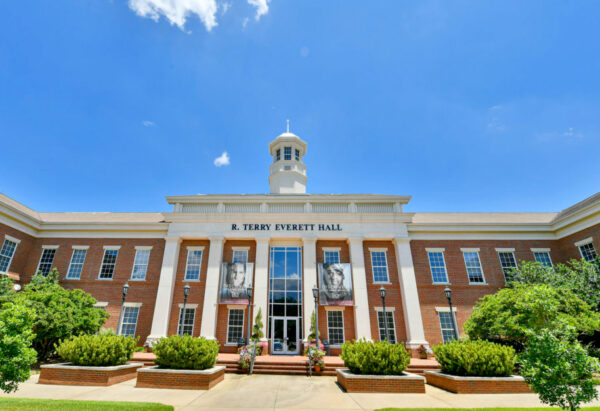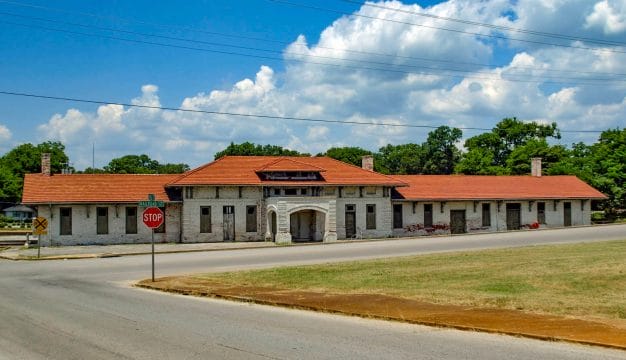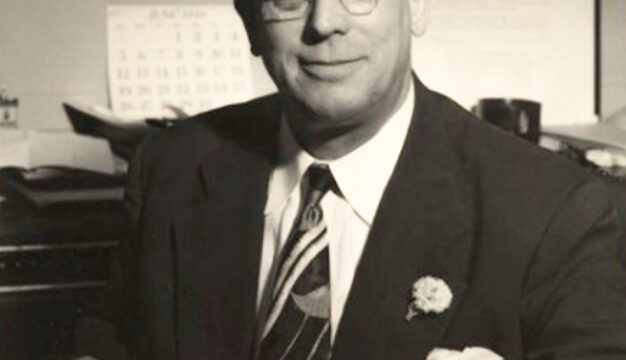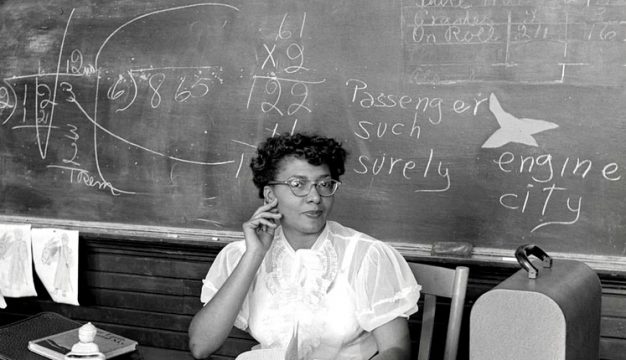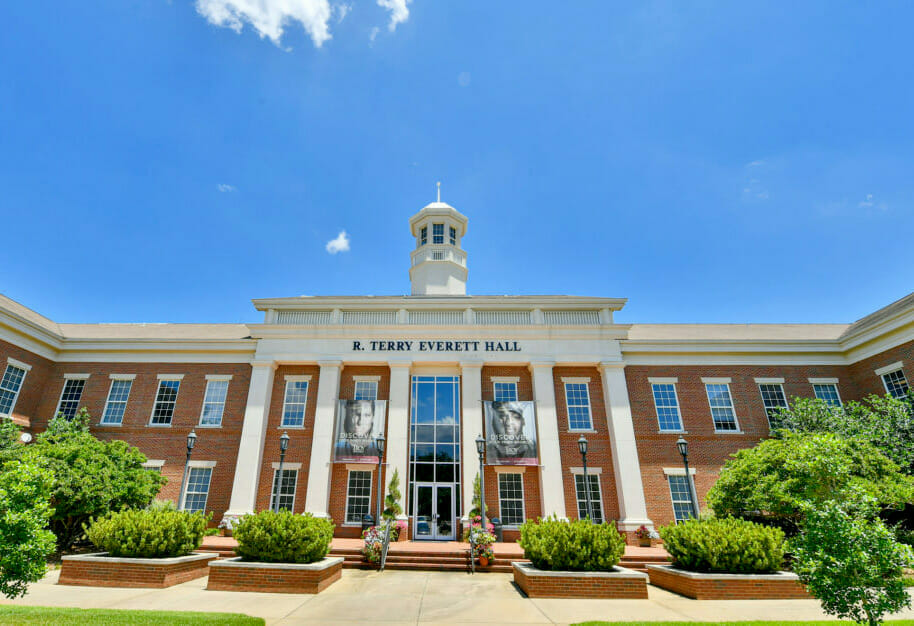Wiregrass Archives
The Wiregrass Archives is a department of the Troy University Dothan Campus Library. It holds records and personal papers from the institution and from 30 counties in the Wiregrass Region of southeast Alabama, southwest Georgia, and northwest Florida. The archives is located in the R. Terry Everett Building at Troy University Dothan Campus.
The Wiregrass Archives began in 1999 when Mike Malone, president of what was then Troy State University Dothan, contracted with U.S. representative Terry Everett, a native of Dothan, Houston County, to become the official repository of Everett's Washington, D.C., congressional office records. With the completion of a new library building in 2002 and the hiring of a director, the Wiregrass Archives opened as the Archives of Wiregrass History and Culture. Over the next several years, the U.S. National Archives and Records Administration shipped Everett's records to Dothan, where they were rehoused, preserved, and indexed in a collection guide.
Everett served Alabama's Second Congressional District between 1993 and 2009. In 2013, Troy University named its Dothan Campus library building after him. At that same time, the Archives of Wiregrass History and Culture changed its name to the Wiregrass Archives and named its newly renovated reading room the R. Terry Everett Congressional Library.
Although conceived to house and provide access to Everett's congressional papers, the Wiregrass Archives also has a mission to collect historical records of offices and departments of Troy University Dothan Campus and its predecessor. The archives includes Dothan Campus bulletins, commencement programs, photographs, and newsletters as well as voluminous accreditation reports from the Southeastern Association of Colleges and Schools, specific department accreditation reports, and office records from administrators as well as faculty and staff representative bodies. The archives holds office records and research materials from a number of individual faculty members.
The Wiregrass Archives's second mission is to collect records and historical papers from community groups and local individuals. One of its first collections was the records of the National Peanut Festival, which had been at the Auburn University Special Collections and Archives Department since 1983 despite the festival being held in Dothan, the center of peanut production in the state. This material stretches back to the first Peanut Festival in 1938 and documents its expansion over the following decades. It also documents parades, beauty pageants, agricultural exhibits, entertainment, and the carnival midway.
Another important community collection is materials from the Dothan Landmarks Foundation, Inc., the non-profit that operates Landmark Park. Landmark Park was the only historical agency in the Dothan area for many years, and it both ran projects to document southeast Alabama history and served as a repository for private historical collections. When it made the Wiregrass Archives its official repository, it turned over administrative and financial records, as well as photographs it had collected from local residents and oral histories from four historical interview projects staff had conducted in the late 1980s and early 1990s.
In addition, Landmark Park provided two fascinating collections: those of the Martin Drug Store of Enterprise, Coffee County, and the Atlantic Coast Line-Seaboard Atlantic Line-Southern Railway depot in the Dixie neighborhood of Dothan. The Martin Drugstore records are a slice of the history of small-town Alabama over the course of the twentieth century. Of particular interest are the prescription files that show how the Martins mixed drugs for patients. The Dixie Depot was a hub office along the rail route from Montgomery, Montgomery County, to Waycross, Georgia, and as such has records stretching from 1908 to the 1980s about land contracts, rail security, train operations, and rail workers.
Local residents also make their personal records available for research through the Wiregrass Archives. A few of these collections are small, with some consisting of only a single document or digitized photograph. Others are larger, such as the papers of former Dothan mayor Larry Register, which include multiple drafts of his aunt's short stories that Register published as The Deep South: Home of the Y'alls. The archives houses a number of large collections of photographs from community members, as well.
The Wiregrass Archives's third mission is to actively document the community. Opening just before the centennial celebration for Houston County, archives staff helped collect photographs and prepare them for publication in Houston County: The First Hundred Years. The success of this volume led to a second publication based on collections of railroad photographs, Railroading Around Dothan and the Wiregrass.
Because the military is such an important part of the Wiregrass Region, the archives worked with the American Folklife Center of the Library of Congress to gather oral histories for its Veterans History Project. Thus far, the Wiregrass Archives holds more than forty hours of taped interviews with local veterans and others and has collected hundreds of hours of similar interviews from local school history class projects.
Local churches are another source of important community information. Wiregrass Archives staff wanted to collect histories of local churches but realized (in the days before Google Maps) that a list of churches did not exist. With small grants from the now-defunct Historic Chattahoochee Commission, the archives hired students to locate and photograph hundreds of rural and small-town churches in Dale, Henry, and Houston Counties.
In 2016, with the aid of a grant from the National Endowment for the Humanities, the Wiregrass Archives held workshops and community scanning days and invited area residents to bring family photographs and documents to be digitized and made available to researchers to document life in the region in the late twentieth and early twenty first centuries.
The Wiregrass Archives is open to the public during university business hours and by appointment. With few exceptions, its collections are open for research and use to anyone who wants to examine life in the Wiregrass of Alabama, Georgia, and Florida.
Further Reading
- Dothan Landmarks Foundation, Inc. Houston County: The First 100 Years. Images of America series. Charleston, S.C.: Arcadia Publishing, 2003.
- Dothan Landmarks Foundation. Railroading Around Dothan and the Wiregrass Region. Images of Rail series. Charleston, S.C.: Arcadia Publishing, 2004.
